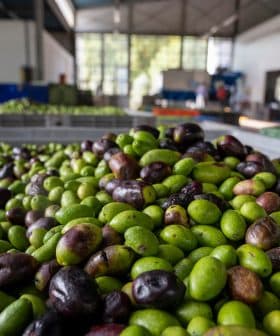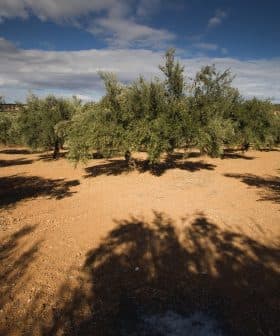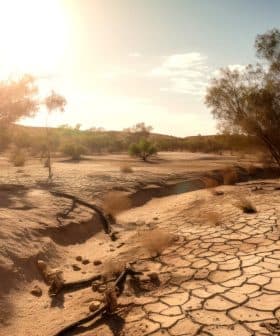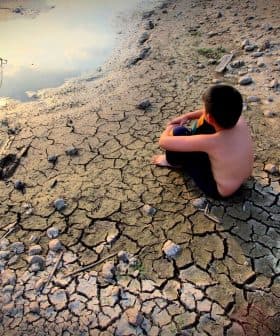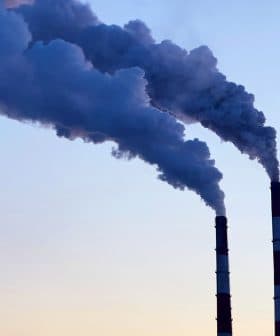Quarter of Earth's Land Threatened by Aridity, Drought, Wildfires
A new study warns that aridification, drought and wildfires could affect a quarter of the earth's land if average world temperatures continue to rise.
New research published in Nature Climate Change warns that a rise of 2°C in global temperatures could lead to a significant increase in aridity on over a quarter of the world’s land, posing threats of drought and wildfires. The study suggests that keeping warming below 1.5°C could benefit regions like South East Asia, Southern Europe, Southern Africa, Central America, and Southern Australia, where over 20 percent of the world’s population resides, and mitigate the risk of aridification in two-thirds of the most at-risk areas.
New research warns that over a quarter of the world’s land could become significantly drier and at risk of aridification if world temperatures continue to rise. Rising temperatures could also increase the threat of drought and the risk of wildfires across the world.
The areas of the world which would most benefit from keeping warming below 1.5C are parts of South East Asia, Southern Europe, Southern Africa, Central America and Southern Australia.
The study was published on January 1, 2018 in the scientific journal, Nature Climate Change.
As part of the research, an international team of scientists from the University of East Anglia in the U.K. and the Southern University of Science and Technology in Shenzhen, China looked at projections from 27 global climate models in order to identify the areas of the world where aridity could substantially increase if temperatures reach 1.5 and 2°C above pre-industrial levels.
“Aridification is a serious threat because it can critically impact areas such as agriculture, water quality, and biodiversity,” said the study’s lead author, Chang-Eui Park of the Southern University of Science and Technology. “It can also lead to more droughts and wildfires — similar to those seen raging across California.”
© Olive Oil Times | Data source: NASA
The researchers estimated that an increase in the average world temperature of 2°C between 2052 and 2070 would result in a rise in aridity of 24 to 32 percent of the earth’s land.
“The areas of the world which would most benefit from keeping warming below 1.5C are parts of South East Asia, Southern Europe, Southern Africa, Central America and Southern Australia — where more than 20 percent of the world’s population lives today,” warned another of the study’s authors, Tim Osborn from the University of East Anglia.
However, the study concluded that aridification could be avoided in two-thirds of the regions most at risk if average world temperatures were limited to an increase of 1.5°C. This means that if appropriate action is taken to mitigate climate change, the threat of this negative consequence is significantly reduced.
The Paris Climate Agreement aims to limit the global average temperature rise to below 2°C above pre-industrial levels, with a preferred target of 1.5°C. Close to 200 countries signed the agreement and have pledged to reduce greenhouse gas emissions in an effort to reach this target by 2050.


